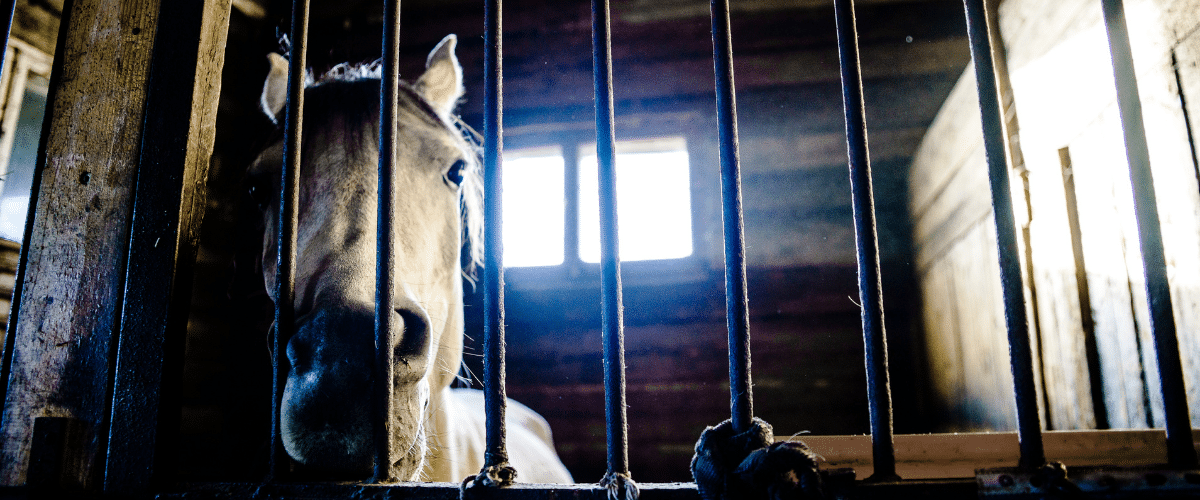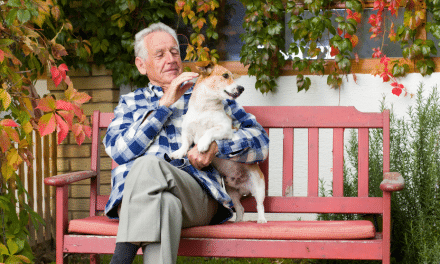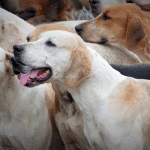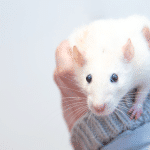By Francesca Nicholls, BPTC student
The Canadian Horse Defence Coalition (‘CHDC’), a collective organisation of people and national groups, has lobbied since 2012 to ban the transport and export of live horses from Canada to other countries for the purpose of human consumption. Thousands of horses are shipped overseas by air cargo. In 2016, public records show that 5,839 horses were shipped to Japan for this purpose.
Videos taken by CHDC at both Canadian and Japanese airports appear to provide evidence that the horses are transported without following Canadian regulations on transport, under which they are meant to have ample room to stand. Such videos show the horses’ heads touching the roofs of their crates, their ears protruding through the ill-fitted gaps of their cages. In such cramped situations, they are stuck in flights for 13.5 hours or more with no access to food or water. In 2017, the CHDC reported that 4,846 horses were exported to Japan in these conditions in preparation for slaughter.
In response, CHDC filed a lawsuit in late 2018 against the Canadian Food Inspection Agency (‘CFIA’). They argued that the exportation of live horses was illegally conducted on two grounds: First, that the Health of Animals Regulations was violated as Section 142 states that horses’ heads must not come into contact with the roof of the crate. Second, that Section 141.8 of these Regulations instructs that horses over 14 hands high be segregated for air transport.
Attorney Rebeka Breder represented CHDC at trial; Gwen Maclsaac represented the CFIA. On the first day of the hearing, the judge challenged the CHDC that their case was moot as the regulations in question were undergoing legislative changes. Breder contested this position, arguing that CHDC was challenging the CIFA’s history of years of unlawful conduct. The judge further characterised the judicial review as a challenge to the CFIA’s broad and discretionary duty in enforcing obligations owed by third parties on the export of horses.
Regarding the alleged Section 142 violation, the CFIA argued that the horses naturally like to hold their heads down, and that the netting in the crates has a tendency to sag, which was the reasoning for the horses’ heads touching the top of the crate.
The Court found in favour of the CFIA, finding that the CFIA had discretion to follow the regulations and how they enforced them. Judge Boswell stated that the CFIA has ‘no public legal duty’ to enforce the Health of Animals Regulations. He said that the CFIA inspectors should use their own discretion and that those in charge of the shipping crates should ensure the regulations are abided by, but did not use his authority to condemn the failure to behave in this way.
The CHDC have filed the right to appeal and are currently waiting to hear the date on which their appeal will be heard. The grounds of their appeal are based on errors made by the lower court judge, which they believe can be reviewed. The Notice of Appeal, submitted to the Federal Court on January 2, 2020, advises that legal proceedings will be commenced against the Minister of Agriculture and Agri-Food. The CHDC has asked for the previous judgment against the CFIA to be set aside based on numerous points forming the ground of appeal. These grounds include the following:
- That the CFIA has been interpreting both Section 142 Section 141.8 of the Health Animals Regulations unlawfully;
- The violation of these Regulation is a breach of the CFIA’s public legal duty;
- The Application Judge erred in law in mischaracterising the duty which was the subject of Judicial Review;
- That the CHDC was not challenging the CFIA’s policy as it stands alone but, rather, that the CFIA’s ongoing policy is unlawful because of the manner in which they incorrectly interpreted legislation;
- That the Judge erred in law for finding that the provisions of the Health Animals Regulation served no practical benefit due to the fact that they were to be repealed in the near future. The CHDC appeals on the grounds that the conduct of the CIFA is a live controversy and that the adoption of the amending provisions has not removed the substratum of the litigation and that the matter is not moot as he declared.
The Appeal date has not yet been set, but the newly refined submissions by the CHDC will raise interesting points of law.
Donations to support the appeal can be made here.
Sources
Agriculture and Agri-Food Canada, ‘Horse Trade Report’ (2019).
Canadian Horse Defence Coalition. https://canadianhorsedefencecoalition.org/
CHDC vs CFIA (2019).
Food Safety Authority of Ireland (2013), ‘Results of Burgers Analysed.’
Health of Animal Regulations (C.R.C., c. 296) enabling act: Health of Animals Act.
Horse Meat Controls and Regulations (2013). See full report: https://commonslibrary.parliament.uk/research-briefings/sn06534/
Shelter medicine, School of Veterinary Medicine, University of Wisconsin-Madison, ‘Shelter Medicine programs’ statement and recommendations for transport and animal movement during COVID-19 pandemic (2020). See report: https://www.uwsheltermedicine.com/news/2020/3/shelter-medicine-programs-statement-and-recommendations-for-transport-and-animal-movement-during-covid-19-pandemic-updated-3-28-20


















